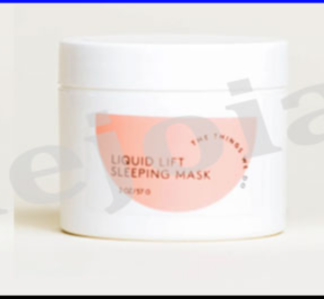According to the US Department of Energy, 75% of homes in the US have air conditioners, costing homeowners 29 billion USD each year.
Although it’s the most popular method to keep cool, it’s not necessarily the cheapest or the most effective. An evaporative cooler is a device that is an intriguing alternative for dry conditions. While evaporative coolers can be effective in certain environments, air conditioning installation is often the best option for those living in hot and humid climates.
Continue reading for our evaporative cooling vs air conditioning guide.
What Is Evaporative Cooling?
Evaporative coolers, also known as swamp coolers, introduce water vapor into the atmosphere to help lower the temperature. Hot, dry air from outside is evaporated and turned into cool air, keeping your home fresh I n hot conditions. They produce no emissions and don’t release toxic gases into the air, making them an eco-friendly option.
This device produces natural fresh air, and it’s considered to be the healthiest way to cool your home. You can contact an evaporative air conditioning service to get a free no-obligation in-home consultation.
A significant disadvantage of these systems is that they’re less effective in humid conditions.
And What Is Air Conditioning?
An air conditioner pulls air from inside your home and passes it through a filter and cooling coils. The air is then returned to the house at a pleasant temperature. It’s a reliable option for keeping the indoor air cool in all types of warm weather.
Air conditioners use a lot of energy but will effectively remove moisture from the air. This reduces humidity, static, and the opportunity for unwanted allergens to thrive.
These systems require regular maintenance to ensure they run as efficiently as possible.
What Are the Major Differences?
When it comes to how they function, the most significant difference between the two is that an evaporative cooler will use water to cool the air in your home. Meanwhile, air conditioners rely on a chemical process that involves cooling coils to provide lower temperatures.
Evaporative cooling systems perform better when the windows and doors are open, while AC systems need you to keep them shut for best results. Air conditioners function well in all conditions but have higher upfront and operational costs.
Evaporative cooling is far cheaper and more energy-efficient than air conditioning systems. They also tend to be quieter and require less maintenance.
Another significant difference is that an Air Conditioning Repair unit will remove moisture from the air. Meanwhile, evaporative coolers add moisture to the air. And this makes AC a more challenging proposition for people with dry eyes or skin.
Evaporative Cooling Vs Air Conditioning: You Decide
Various factors must be considered, but, ultimately, the choice is yours. Evaporative coolers are better for the environment and will save you money, but your final decision must be guided by the environment in which you live.
If it’s humid most of the time, an air conditioner will be much more effective. If not, it could be wise to opt for an evaporative cooler.
Did you find this article comparing evaporative cooling vs air conditioning helpful? Well, take a look at more great blogs on our website.


























